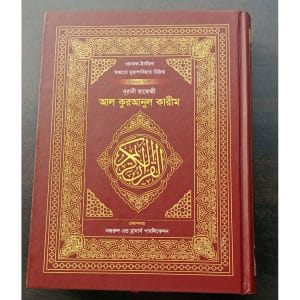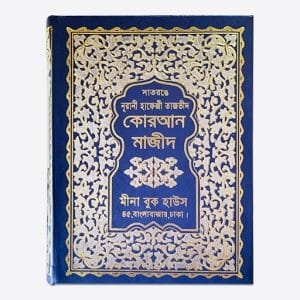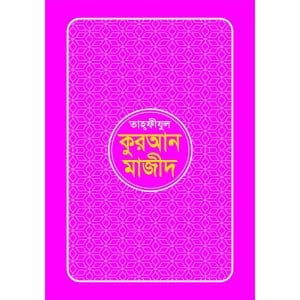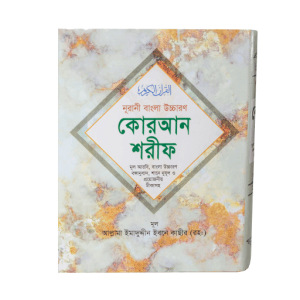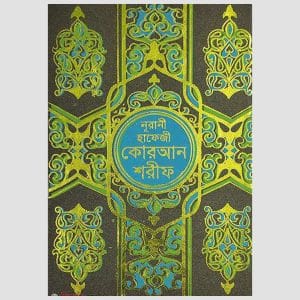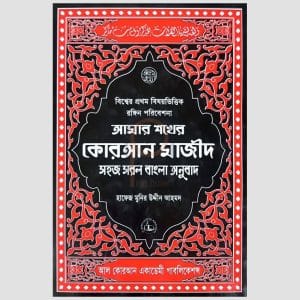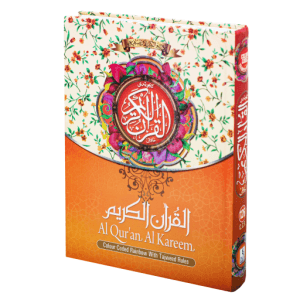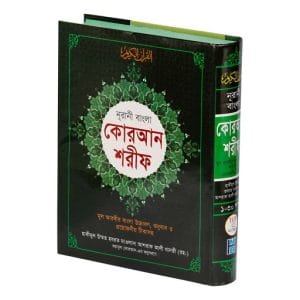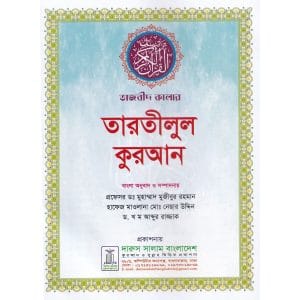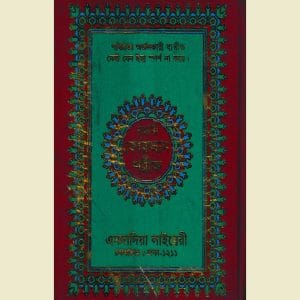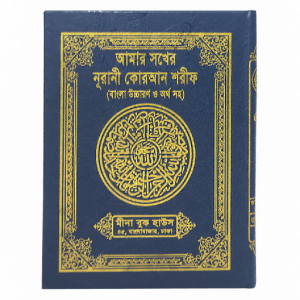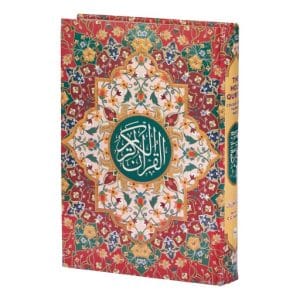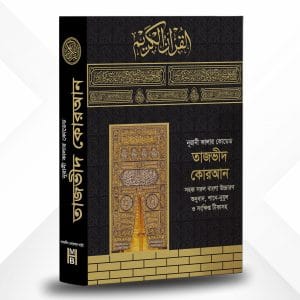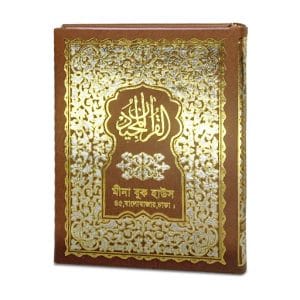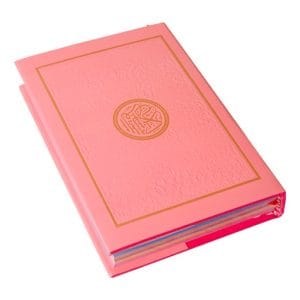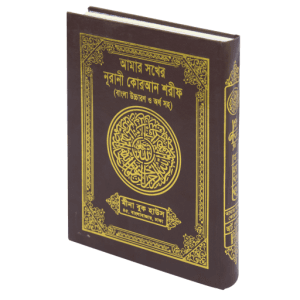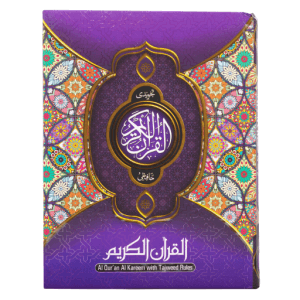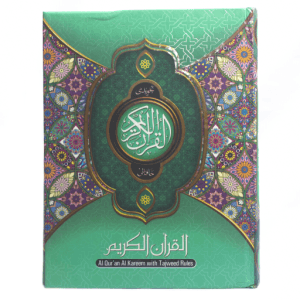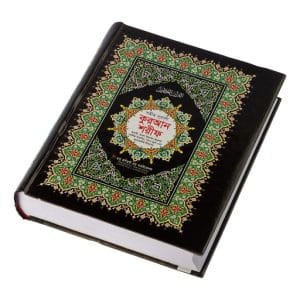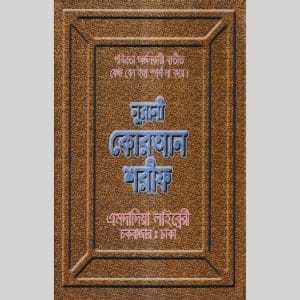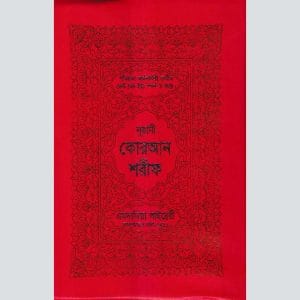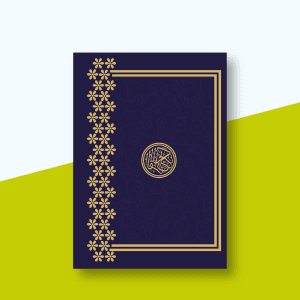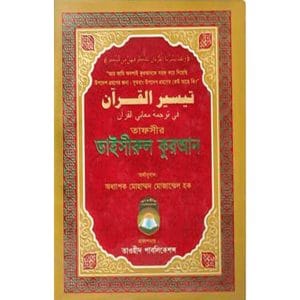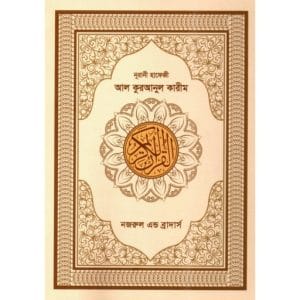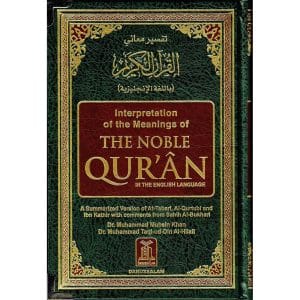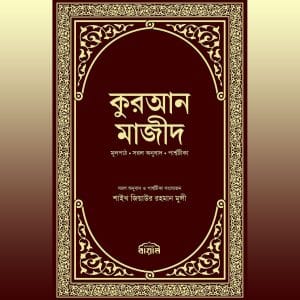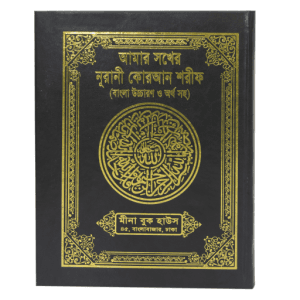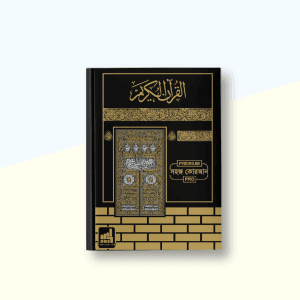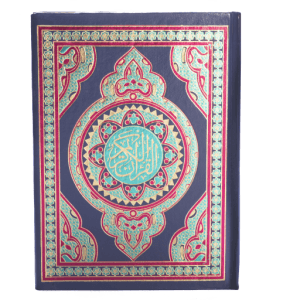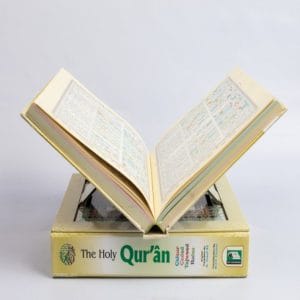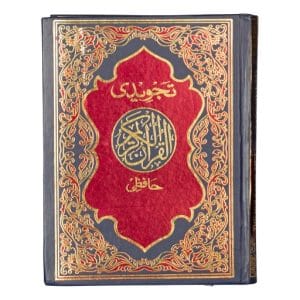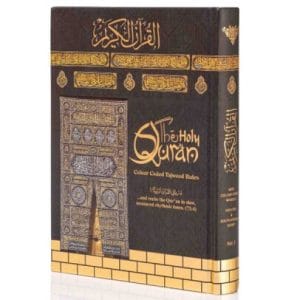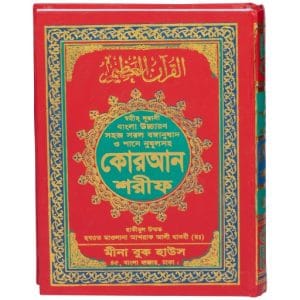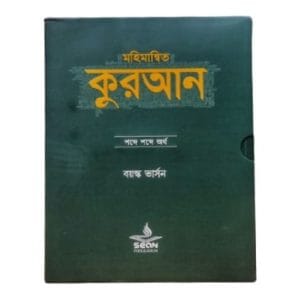Narrated Abu Huraira:
The Prophet (ﷺ) said, “Whoever frees a Muslim slave, Allah will save all the parts of his body from the (Hell) Fire as he has freed the body-parts of the slave.” Sa`id bin Marjana said that he narrated that Hadith to `Ali bin Al-Husain and he freed his slave for whom `Abdullah bin Ja`far had offered him ten thousand Dirhams or one-thousand Dinars.
Sahih al-Bukhari 2517
Narrated Abu Dhar:
I asked the Prophet, “What is the best deed?” He replied, “To believe in Allah and to fight for His Cause.” I then asked, “What is the best kind of manumission (of slaves)?” He replied, “The manumission of the most expensive slave and the most beloved by his master.” I said, “If I cannot afford to do that?” He said, “Help the weak or do good for a person who cannot work for himself.” I said, “If I cannot do that?” He said, “Refrain from harming others for this will be regarded as a charitable deed for your own good.”
Sahih al-Bukhari 2518
Narrated Asma’ bint Abu Bakr:
The Prophet (ﷺ) ordered us to free slaves at the time of solar eclipses.
Sahih al-Bukhari 2519
Narrated Asma’ bint Abu Bakr:
We were ordered to free slaves at the time of lunar eclipses.
Sahih al-Bukhari 2520
Narrated Ibn `Umar:
The Prophet (ﷺ) said, “Whoever manumits a slave owned by two masters, should manumit him completely (not partially) if he is rich after having its price evaluated.”
Sahih al-Bukhari 2521
Narrated `Abdullah bin `Umar:
Allah’s Messenger (ﷺ) said, “Whoever frees his share of a common slave and he has sufficient money to free him completely, should let its price be estimated by a just man and give his partners the price of their shares and manumit the slave; otherwise (i.e. if he has not sufficient money) he manumits the slave partially.”
Sahih al-Bukhari 2522
Narrated Ibn `Umar:
Allah’s Messenger (ﷺ) said, “Whoever manumits his share of a slave, then it is essential for him to get that slave manumitted’ completely as long as he has the money to do so. If he has not sufficient money to pay the price of the other shares (after the price of the slave is evaluated justly), the manumitted manumits the slave partially in proportion to his share.
Sahih al-Bukhari 2523
Narrated ‘Ubaidullah:
as above BRIEFLY.
Sahih al-Bukhari 2523
Narrated Ibn `Umar:
The Prophet (ﷺ) said, “He who manumits his share of a slave and has money sufficient to free the remaining portion of that slave’s price (justly estimated) then he should manumit him (by giving the rest of his price to the other co-owners).” Nafi` added, “Otherwise the slave is partially free.” Aiyub is not sure whether the last statement was said by Nafi` or it was a part of the Hadith.
Sahih al-Bukhari 2524
Narrated Ibn `Umar:
That he used to give his verdict regarding the male or female slaves owned by more than one master, one of whom may manumit his share of the slave. Ibn `Umar used to say in such a case, “The manumitted should manumit the slave completely if he has sufficient money to pay the rest of the price of that slave (which is to be justly estimated) and the other shareholders are to take the price of their shares and the slave is freed (released from slavery).” Ibn `Umar narrated this verdict from the Prophet.
Sahih al-Bukhari 2525
Narrated Abu Huraira:
That the Prophet (ﷺ) said, “Whoever frees his portion of a (common) slave.”
Sahih al-Bukhari 2526
Narrated Abu Huraira:
The Prophet (ﷺ) said, “Whoever frees his portion of a common slave should free the slave completely by paying the rest of his price from his money if he has enough money; otherwise the price of the slave is to be estimated and the slave is to be helped to work without hardship till he pays the rest of his price.”
Sahih al-Bukhari 2527
Narrated Abu Huraira:
The Prophet (ﷺ) said, “Allah has accepted my invocation to forgive what whispers in the hearts of my followers, unless they put it to action or utter it.” (See Hadith No. 657 Vol. 8)
Sahih al-Bukhari 2528
Narrated `Umar bin Al-Khattab:
The Prophet (ﷺ) said, “The (reward of) deeds depend on intentions, and every person will get the reward according to what he intends. So, whoever migrated for Allah and His Apostle, then his migration will be for Allah and His Apostle, and whoever migrated for worldly benefits or for marrying a woman, then his migration will be for what he migrated for.” (See Hadith No. 1, Vol. 1)
Sahih al-Bukhari 2529
Narrated Qais:
When Abu Huraira accompanied by his slave set out intending to embrace Islam they lost each other on the way. The slave then came while Abu Huraira was sitting with the Prophet. The Prophet (ﷺ) said, “O Abu Huraira! Your slave has come back.” Abu Huraira said, “Indeed, I would like you to witness that I have manumitted him.” That happened at the time when Abu Huraira recited (the following poetic verse):– ‘What a long tedious tiresome night! Nevertheless, it has delivered us From the land of Kufr (disbelief).
Sahih al-Bukhari 2530
Narrated Abu Huraira:
On my way to the Prophet (ﷺ) I was reciting:– ‘What a long tedious tiresome night! Nevertheless, it has saved us From the land of Kufr (disbelief).’ I had a slave who ran away from me on the way. When I went to the Prophet (ﷺ) and gave the pledge of allegiance for embracing Islam, the slave showed up while I was still with the Prophet (ﷺ) who remarked, “O Abu Huraira! Here is your slave!” I said, “I manumit him for Allah’s Sake,” and so I freed him.
Sahih al-Bukhari 2531
Narrated Qais:
When Abu Huraira accompanied by his slave came intending to embrace Islam, they lost each other on the way. (When the slave showed up) Abu Huraira said (to the Prophet), “I make you witness that the slave is free for Allah’s Cause.”
Sahih al-Bukhari 2532
Narrated `Aisha:
`Utba bin Abi Waqqas authorized his brother Sa`d bin Abi Waqqas to take the son of the slave-girl of Zam`a into his custody, telling him that the boy was his own (illegal) son. When Allah’s Messenger (ﷺ) went (to Mecca) at the time of the Conquest, Sa`d took the son of the slave-girl of Zam`a to Allah’s Messenger (ﷺ) and also brought ‘Abu bin Zam`a with him and said, “O Allah’s Messenger (ﷺ)! This is the son of my brother `Utba who authorized me to take him into my custody.” ‘Abu bin Zam`a said, “O Allah’s Messenger (ﷺ)! He is my brother, the son of Zam`a’s slave-girl and he was born on his bed.” Allah’s Messenger (ﷺ) looked at the son of the slave-girl of Zam`a and noticed much resemblance (to `Utba). Allah’s Messenger (ﷺ) said, “It is for you, O ‘Abu bin Zam`a as he was born on the bed of your father.” Allah’s Messenger (ﷺ) then told Sauda bint Zam`a to observe veil in the presence of the boy as he noticed the boy’s resemblance to `Utba and Sauda was the wife of the Prophet (ﷺ) .
Sahih al-Bukhari 2533
Narrated Jabir bin `Abdullah:
A man amongst us declared that his slave would be freed after his death. The Prophet (ﷺ) called for that slave and sold him. The slave died the same year.
Sahih al-Bukhari 2534
Narrated Ibn `Umar:
Allah’s Messenger (ﷺ) forbade the selling or donating the Wala’ of a freed slave.
Sahih al-Bukhari 2535
Narrated `Aisha:
I bought Buraira but her masters put the condition that her Wala’ would be for them. I told the Prophet (ﷺ) about it. He said (to me), “Manumit her as her Wala’ will be for the one who pays the price.” So, I manumitted her. The Prophet (ﷺ) called Buraira and gave her the option of either staying with her husband or leaving him. She said, “Even if he gave me so much money, I would not stay with him,” and so she preferred her freedom to her husband.
Sahih al-Bukhari 2536
Narrated Anas:
Some men of the Ansar asked for the permission of Allah’s Messenger (ﷺ) and said, “Allow us to give up the ransom from our nephew Al-`Abbas. The Prophet (ﷺ) said (to them), “Do not leave (even) a Dirham (of his ransom).
Sahih al-Bukhari 2537
Narrated Hisham:
My father told me that Hakim bin Hizam manumitted one-hundred slaves in the Pre-Islamic period of ignorance and slaughtered one-hundred camels (and distributed them in charity). When he embraced Islam he again slaughtered one-hundred camels and manumitted one-hundred slaves. Hakim said, “I asked Allah’s Messenger (ﷺ), ‘O Allah’s Messenger (ﷺ)! What do you think about some good deeds I used to practice in the Pre-Islamic period of ignorance regarding them as deeds of righteousness?’ Allah’s Apostle said, “You have embraced Islam along with all those good deeds you did.”
Sahih al-Bukhari 2538
Narrated Marwan and Al-Miswar bin Makhrama:
When the delegates of the tribe of Hawazin came to the Prophet (ﷺ) and they requested him to return their properties and captives. The Prophet (ﷺ) stood up and said to them, “I have other people with me in this matter (as you see) and the most beloved statement to me is the true one; you may choose either the properties or the prisoners as I have delayed their distribution.” The Prophet (ﷺ) had waited for them for more than ten days since his arrival from Ta’if. So, when it became evident to them that the Prophet (ﷺ) was not going to return them except one of the two, they said, “We choose our prisoners.” The Prophet got up amongst the people and glorified and praised Allah as He deserved and said, “Then after, these brethren of yours have come to us with repentance, and I see it logical to return them the captives. So, whoever amongst you likes to do that as a favor, then he can do it, and whoever of you likes to stick to his share till we recompense him from the very first war booty which Allah will give us, then he can do so (i.e. give up the present captives).” The people unanimously said, “We do that (return the captives) willingly.” The Prophet (ﷺ) said, “We do not know which of you has agreed to it and which have not, so go back and let your leaders forward us your decision.” So, all the people then went back and discussed the matter with their leaders who returned and informed the Prophet (ﷺ) that all the people had willingly given their consent to return the captives. This is what has reached us about the captives of Hawazin. Narrated Anas that `Abbas said to the Prophet, “I paid for my ransom and `Aqil’s ransom.”
Sahih al-Bukhari 2539, 2540
Narrated Ibn `Aun:
I wrote a letter to Nafi` and Nafi` wrote in reply to my letter that the Prophet (ﷺ) had suddenly attacked Bani Mustaliq without warning while they were heedless and their cattle were being watered at the places of water. Their fighting men were killed and their women and children were taken as captives; the Prophet (ﷺ) got Juwairiya on that day. Nafi` said that Ibn `Umar had told him the above narration and that Ibn `Umar was in that army.
Sahih al-Bukhari 2541
Narrated Ibn Muhairiz:
I saw Abu Sa`id and asked him about coitus interruptus. Abu Sa`id said, “We went with Allah’s Apostle, in the Ghazwa of Bani Al-Mustaliq and we captured some of the ‘Arabs as captives, and the long separation from our wives was pressing us hard and we wanted to practice coitus interruptus. We asked Allah’s Messenger (ﷺ) (whether it was permissible). He said, “It is better for you not to do so. No soul, (that which Allah has) destined to exist, up to the Day of Resurrection, but will definitely come, into existence.”
Sahih al-Bukhari 2542
Narrated Abu Huraira:
I have loved the people of the tribe of Bani Tamim ever since I heard, three things, Allah’s Messenger (ﷺ) said about them. I heard him saying, These people (of the tribe of Bani Tamim) would stand firm against Ad-Dajjal.” When the Sadaqat (gifts of charity) from that tribe came, Allah’s Messenger (ﷺ) said, “These are the Sadaqat (i.e. charitable gifts) of our folk.” `Aisha had a slave-girl from that tribe, and the Prophet (ﷺ) said to `Aisha, “Manumit her as she is a descendant of Ishmael (the Prophet).
Sahih al-Bukhari 2543
Narrated Abu Musa:
Allah’s Messenger (ﷺ) said, “He who has a slave-girl and educates and treats her nicely and then manumits and marries her, will get a double reward.”
Sahih al-Bukhari 2544
Narrated Al-Ma’rur bin Suwaid:
I saw Abu Dhar Al-Ghifari wearing a cloak, and his slave, too, was wearing a cloak. We asked him about that (i.e. how both were wearing similar cloaks). He replied, “Once I abused a man and he complained of me to the Prophet (ﷺ) . The Prophet (ﷺ) asked me, ‘Did you abuse him by slighting his mother?’ He added, ‘Your slaves are your brethren upon whom Allah has given you authority. So, if one has one’s brethren under one’s control, one should feed them with the like of what one eats and clothe them with the like of what one wears. You should not overburden them with what they cannot bear, and if you do so, help them (in their hard job).
Sahih al-Bukhari 2545
Narrated Ibn `Umar:
Allah’s Messenger (ﷺ) said, “If a slave is honest and faithful to his master and worships his Lord (Allah) in a perfect manner, he will get a double reward.”
Sahih al-Bukhari 2546
Narrated Abu Musa Al-Ash`ari:
The Prophet (ﷺ) said, “He who has a slave-girl and teaches her good manners and improves her education and then manumits and marries her, will get a double reward; and any slave who observes Allah’s right and his master’s right will get a double reward.”
Sahih al-Bukhari 2547
Narrated Abu Huraira:
Allah’s Messenger (ﷺ) said, “A pious slave gets a double reward.” Abu Huraira added: By Him in Whose Hands my soul is but for Jihad (i.e. holy battles), Hajj, and my duty to serve my mother, I would have loved to die as a slave.
Sahih al-Bukhari 2548
Narrated Abu Huraira:
The Prophet (ﷺ) said, “Goodness and comfort are for him who worships his Lord in a perfect manner and serves his master sincerely.”
Sahih al-Bukhari 2549
Narrated `Abdullah:
The Prophet (ﷺ) said, “If a slave serves his Saiyid (i.e. master) sincerely and worships his Lord (Allah) perfectly, he will get a double reward.”
Sahih al-Bukhari 2550
Narrated Abu Musa:
The Prophet (ﷺ) said, “The Mamluk (slave) who worships his Lord in a perfect manner, and is dutiful, sincere and obedient to his Saiyid (master), will get a double reward.”
Sahih al-Bukhari 2551
Narrated Abu Huraira:
The Prophet (ﷺ) said, “You should not say, ‘Feed your lord (Rabbaka), help your lord in performing ablution, or give water to your lord, but should say, ‘my master (e.g. Feed your master instead of lord etc.) (Saiyidi), or my guardian (Maulai), and one should not say, my slave (Abdi), or my girl-slave (Amati), but should say, my lad (Fatai), my lass (Fatati), and ‘my boy (Ghulami).
Sahih al-Bukhari 2552
Narrated Ibn `Umar:
The Prophet (ﷺ) said, “If one manumits his share of a common slave (Abd), and he has money sufficient to free the remaining portion of the price of the slave (justly estimated), then he should free the slave completely by paying the rest of his price; otherwise the slave is freed partly. “
Sahih al-Bukhari 2553
Narrated `Abdullah:
Allah’s Messenger (ﷺ) said, “Everyone of you is a guardian and is responsible for his charges. The ruler who has authority over people, is a guardian and is responsible for them, a man is a guardian of his family and is responsible for them; a woman is a guardian of her husband’s house and children and is responsible for them; a slave (‘Abu) is a guardian of his master’s property and is responsible for it; so all of you are guardians and are responsible for your charges.”
Sahih al-Bukhari 2554
Narrated Abu Huraira and Zaid bin Khalid:
The Prophet (ﷺ) said, “If a slave-girl (Ama) commits illegal sexual intercourse, scourge her; if she does it again, scourge her again; if she repeats it, scourge her again.” The narrator added that on the third or the fourth offense, the Prophet (ﷺ) said, “Sell her even for a hair rope.”
Sahih al-Bukhari 2555
Narrated Abu Huraira:
The Prophet (ﷺ) said, “When your servant brings your meals to you then if he does not let him sit and share the meals, then he should at least give him a mouthful or two mouthfuls of that meal or a meal or two meals, as he has prepared it.”
Sahih al-Bukhari 2557
Narrated `Abdullah bin `Umar:
That he heard Allah’s Messenger (ﷺ) saying, “Everyone of you is a guardian and is responsible for his charge; the ruler is a guardian and is responsible for his subjects; the man is a guardian in his family and responsible for his charges; a woman is a guardian of her husband’s house and responsible for her charges; and the servant is a guardian of his master’s property and is responsible for his charge.” I definitely heard the above from the Prophet (ﷺ) and think that the Prophet (ﷺ) also said, “A man is a guardian of his father’s property and responsible for his charges; so everyone of you is a guardian and responsible for his charges.”
Sahih al-Bukhari 2558
Narrated Abu Huraira:
The Prophet (ﷺ) said, “If somebody fights (or beats somebody) then he should avoid the face.”
Sahih al-Bukhari 2559


